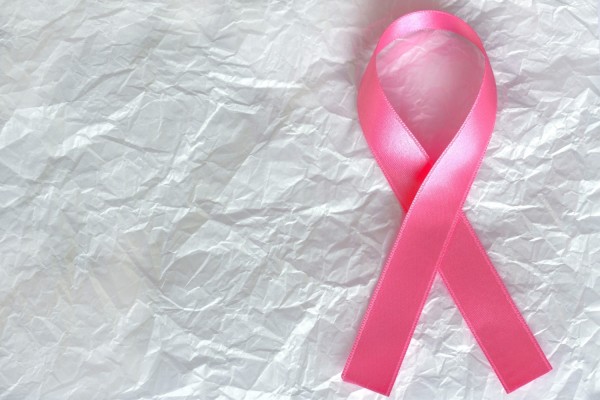Herbal Plant "Cinderella" Could Be the Answer for Better Treatment on Breast Cancer

Thale cress, a plant that was dismissed because it has no medicinal purpose has proved by researchers to stop the growth of breast cancer cells without affecting healthy, normal cells. Also known for its scientific name Arabidopsis thaliana, a natural part of the cabbage family that grows about 8 inches tall, shows its magnificent powers when its leaves joined with a hormone found in jasmine successfully killed cancer.
ALSO READ: The Common Plant Virus Maybe The Answer to Cancer Treatment
Professor Alessandra Devoto from Royal Holloway, University of London led the research team together with Dr. Amanda Harvey from Brunel University, and Professor Nicholas Smirnoff from the University of Exeter.
According to Professor Devoto, in an interview with the College of Medicine, people looked at her funny because of the simple molecular structure Thale cress possess and was dismissed by the scientist for a very long time. Professor Devoto was working on the research since 2006, and according to her, people were skeptical, and took her 14 years to achieve the results. Daily Mail added that since scientists disregarded Thale cress; its only contribution was to be a model organism used for experiments to see how plants react to particular chemical conditions.
According to the American Cancer Society, breast cancer is the most common cancer in American women excluding skin cancer. According to their data, the average risk of women in the United States developing the disease is 13%. The organization also emphasized that the percentage can also be interpreted as; 1 in 8 chances, a woman can develop breast cancer. In their 2020 prediction, around 276 thousand new cases of invasive breast cancer will be diagnosed among women.
According to Devoto's study, although the cancer cells stopped growing the normal cells remained untouched, which can lead to a faster or quicker recovery for breast cancer patients. She also emphasized that patients usually subjected to chemical treatment will have a less inferior effect.
READ ALSO: Researchers Identify a Natural Shield Against Harmful Radiation Belt
How was the plant prepared?
According to Dr. Devoto's team, Thale cress wasn't the only wonder plant that led the scientists in awe. The group treated the leaves of the Thale cress with a chemical called methyl jasmonate, a compound found in jasmine which is typically produced by the plant when it is under stress. Once the leaves of the two plants are emitting all their hormones, the research team incubated them with breast cancer cells to see how they will react. According to Professor Devoto, when they saw the breast cancer cells stopped growing, it proves that plants, even without medicinal lineage, can work and help for cancer treatment. Professor Smirnoff and Dr. Harvey said in an interview that their approach, combined with progress in biotechnology and metabolic engineering, will enable analysis and manufacture of bioactivities of valuable metabolites from plants based on an industrial scale. Devoto added that the weed is like a cinderella plant of the medicinal plant world because no one would have thought that it is outstanding. Still, it has shown its spectrum in developing treatments for cancer as well as other diseases.
READ NEXT: Technically-skilled Surgeons Improve Colon Cancer Survival by 70 Percent
Check out more news and information on Cancer on MD News Daily.
Nov 01, 2020 07:00 AM EST





